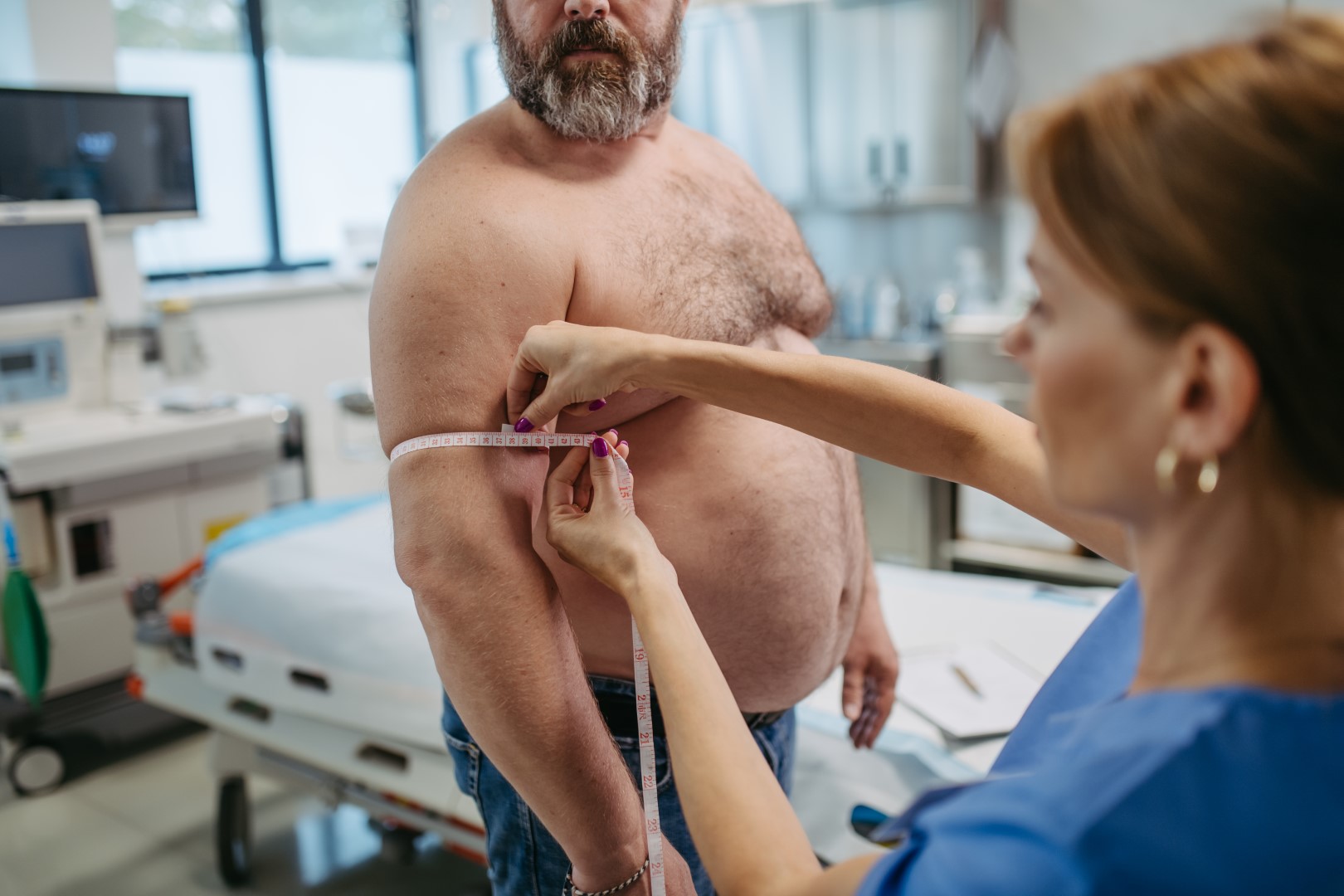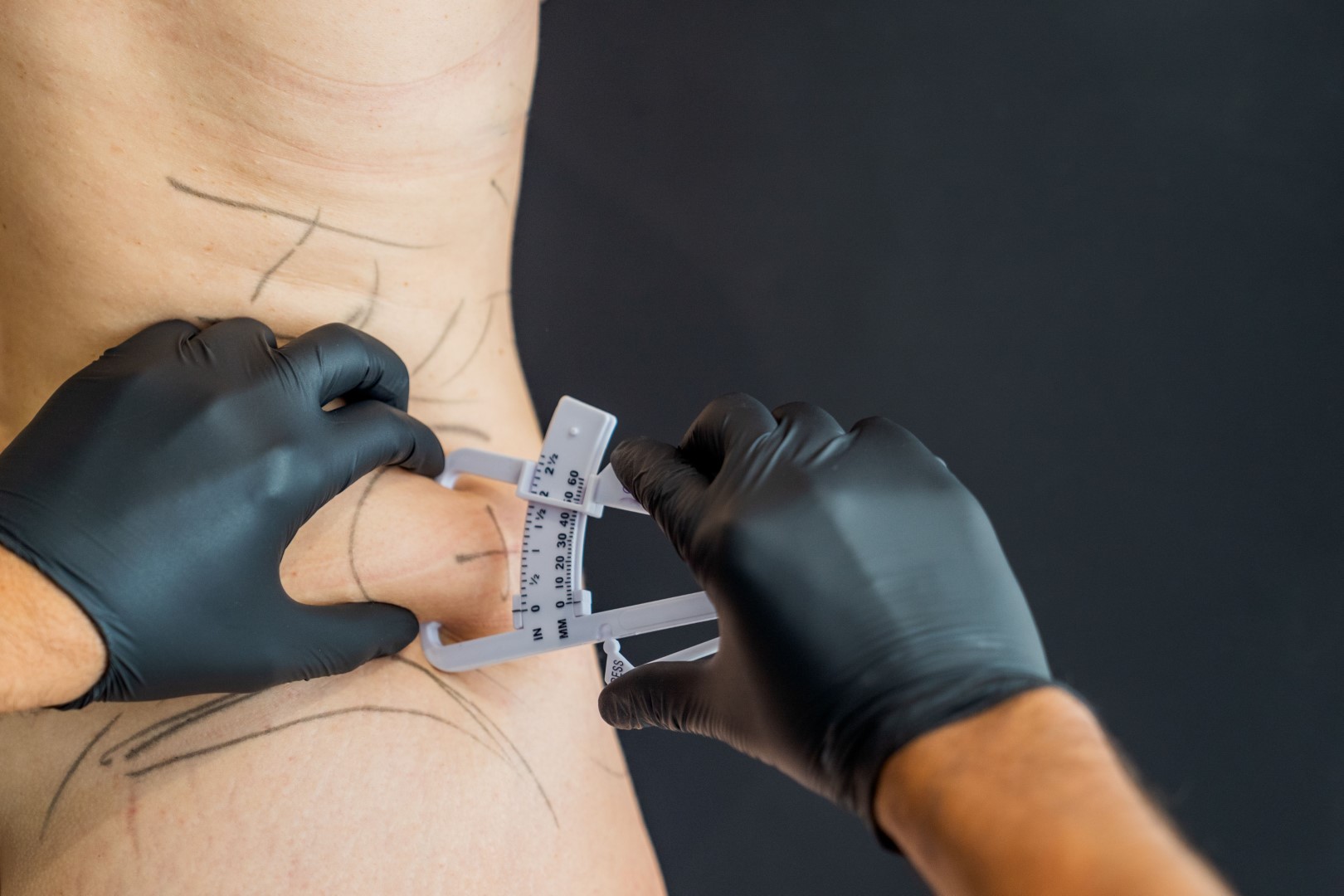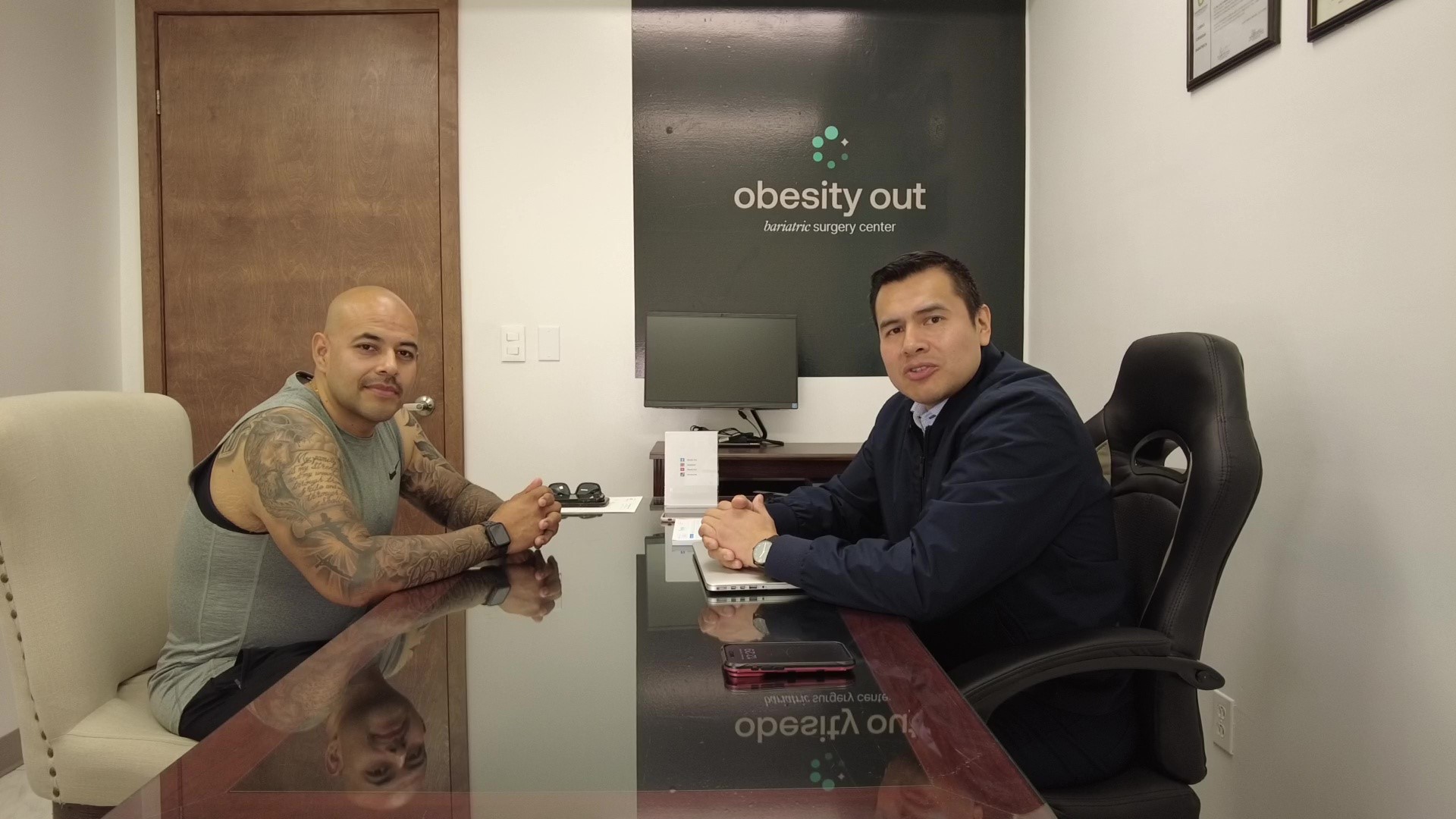Making the decision to undergo bariatric surgery is a pivotal moment in the life of anyone struggling with severe obesity. With options such as the Gastric Bypassthe Gastric Sleeve and the Mini Gastric Bypass available at centers of excellence such as the Dr. Luis Cano at Tijuana, MexicoIn addition, it is essential to understand the criteria that determine whether one is a suitable candidate for this type of procedure. The Bariatric Surgery is not a quick fix or a one-size-fits-all option; it is a significant life change that requires careful preparation and a long-term commitment to a healthy lifestyle.
This blog post focuses on clarifying common questions and providing guidance to those considering bariatric surgery as an option for their weight loss. At what point should I consider bariatric surgery? How do I know if I am ready for this radical change? What factors would disqualify me as a candidate? Is there a minimum weight requirement to qualify for these procedures? And specifically, is it possible to undergo a Gastric Bypass weighing 200 pounds?
We will address these questions with detailed information and practical advice to help patients make informed decisions. Our goal is to provide a comprehensive guide that facilitates the process of evaluating and preparing for potentially transformative surgery, guided always by the knowledge and experience of the Dr. Luis Cano and his team at Bariatric Surgery in Tijuana.
When Should I Consider Bariatric Surgery?
The decision to undergo bariatric surgery, such as the Gastric Bypassthe Gastric Sleeve or the Mini Gastric Bypassshould be considered when other methods of weight loss, such as diet and exercise, have not worked and obesity is significantly affecting health and quality of life. The Dr. Luis Canoan expert in Bariatric Surgery in Tijuanaadvises patients to consider surgery when they face obesity-related health problems, such as type 2 diabetes, high blood pressure, heart disease or sleep apnea.
Generally, candidates for bariatric surgery have a Body Mass Index (BMI) of 35 or more, or a BMI of 30 or more with obesity-related health conditions. In addition, it is important that patients are willing to commit to significant and lasting lifestyle changes, including diet and physical activity, to ensure the long-term success of the procedure.
Bariatric surgery is not an instant solution, but a tool that can help achieve and maintain healthy weight loss. Therefore, mental preparation and willingness to follow postoperative medical and nutritional indications are essential to be a good candidate.
How Do I Know If I'm Ready for Bariatric Surgery?
Being ready for bariatric surgery involves more than meeting specific physical criteria. It requires adequate mental, emotional and physical preparation. The Dr. Luis Cano and his team at Tijuana, Mexicoemphasize the importance of a comprehensive assessment that includes mental health, motivation and the patient's commitment to lifestyle change.
First, it is vital that patients have a clear understanding of the challenges and changes involved with surgery, including the postoperative diet, the need for regular exercise and the possibility of side effects or complications. Patients must be mentally prepared to face these changes and be committed to adhering to medical recommendations to ensure the best possible outcomes.
In addition, patients should undergo a psychological evaluation to ensure that they are emotionally prepared for the surgery and the changes that will follow. Support from family and friends can also be a crucial factor in preparing for surgery.
Ultimately, being ready for bariatric surgery means recognizing that it is a tool to improve health and not a miracle cure. It requires a long-term commitment to a healthy lifestyle and a change in your relationship with food. The decision to undergo bariatric surgery should be made after careful consideration and a detailed discussion with an experienced bariatric surgeon such as the Dr. Luis Cano.
What Disqualifies You as a Candidate for Bariatric Surgery?
There are certain conditions and circumstances that may disqualify an individual from being a candidate for the Bariatric Surgerya decision that the Dr. Luis Cano and his team at Tijuana, Mexiconot taken lightly. One of the most critical factors is mental health: untreated psychological disorders or emotional instability can adversely affect the patient's ability to adhere to the necessary lifestyle changes after surgery.
In addition, substance abuse, such as alcohol or drugs, is a significant contraindication, as it can complicate both the surgery and the recovery process. Other factors include certain uncontrolled medical conditions, such as severe heart disease or liver problems, which can increase the risks during surgery.
It is vital that patients have realistic expectations and a genuine commitment to permanent lifestyle changes. Unwillingness to follow postoperative dietary and exercise guidelines may also be a reason to reconsider the patient's suitability for surgery.
What is the Minimum Weight for Bariatric Surgery?
The minimum weight to qualify for the Bariatric Surgery is usually determined by Body Mass Index (BMI) rather than by weight per se. The Dr. Luis Canospecialist in Bariatric Surgery in TijuanaThe ideal candidates for procedures such as the Gastric Bypassthe Gastric Sleeve or the Mini Gastric Bypass have a BMI of 35 or more, which indicates morbid obesity. Alternatively, a BMI of 30 or more may be sufficient if the patient also suffers from obesity-related diseases, such as type 2 diabetes, hypertension or sleep apnea.
This BMI guideline ensures that surgery is reserved for those who need it most and who are likely to benefit significantly from it. Weight itself is not the only factor; general health, medical history and the patient's willingness to make long-term lifestyle changes are also crucial in determining suitability for surgery.
Is it possible to have a Gastric Bypass at a weight of 200 pounds?
For people weighing 200 pounds, the Gastric Bypass may be an option if their BMI falls within the recommended ranges or if they have weight-related health conditions. Eligibility for bariatric surgery is not based on weight alone, but on a combination of factors including BMI, general health and existing medical conditions.
The Dr. Luis Cano evaluates each patient individually to determine the best surgical route. For a patient weighing 200 pounds, factors such as height, health history, presence of comorbidities and the impact of obesity on quality of life are carefully considered. In cases where the BMI is less than 30 without comorbidities, alternatives to surgery, such as lifestyle changes or medical therapies, may be explored.
Bariatric surgery is a powerful tool in the fight against obesity and its related complications, but it is crucial that each patient receive an individualized assessment to determine the best treatment option.
Determine if one is a candidate for the Bariatric Surgery is a process that involves multiple factors and considerations. As we have explored in this note, eligibility for procedures such as the Gastric Bypassthe Gastric Sleeve or the Mini Gastric Bypasssupervised by specialists such as the Dr. Luis Cano at Tijuana, MexicoThe patient's weight, or BMI, depends not only on the patient's weight or BMI, but also on his or her general health, mental health and willingness to commit to a significant lifestyle change.
Bariatric surgery is a powerful tool for those struggling with severe obesity and its comorbidities, but it is not a universal solution. It is crucial for patients to have realistic expectations and be prepared for the challenges and changes that accompany surgery and life after surgery. Weight or BMI are only starting points for evaluation; actual suitability for surgery also depends on the patient's ability to adapt to a long-term healthy lifestyle.
In addition, it is important to remember that bariatric surgery is not right for everyone. Those who suffer from certain medical conditions or who are not ready to make permanent changes to their diet and lifestyle may need to consider other options. The decision to undergo bariatric surgery should be made after careful consideration and detailed discussion with a qualified bariatric surgeon.
In summary, bariatric surgery can be a transformative step toward a healthier and more fulfilling life for many, but it requires a serious commitment to personal change and long-term health. With the right support and guidance, such as that offered by the Dr. Luis Cano and his team, patients can embark on this journey with confidence and clarity.






